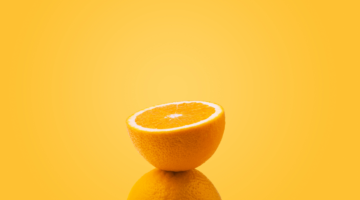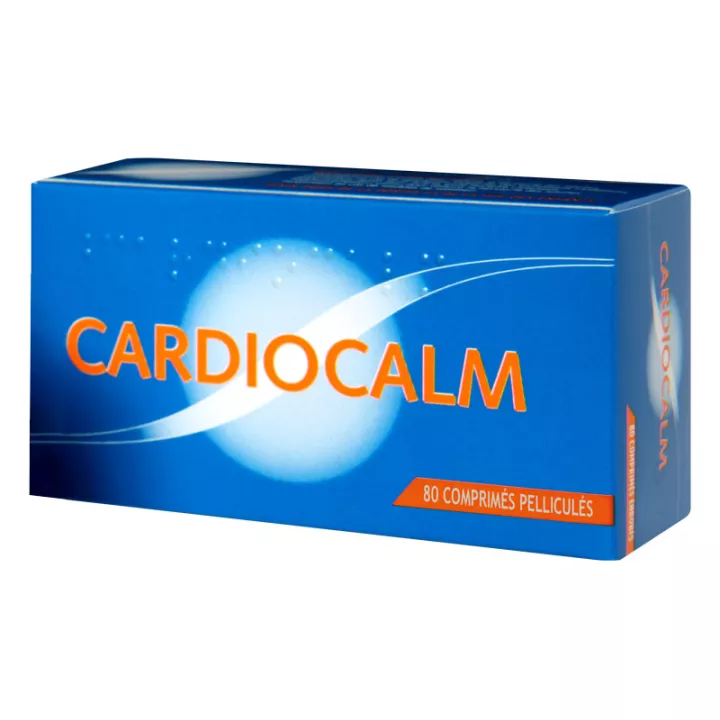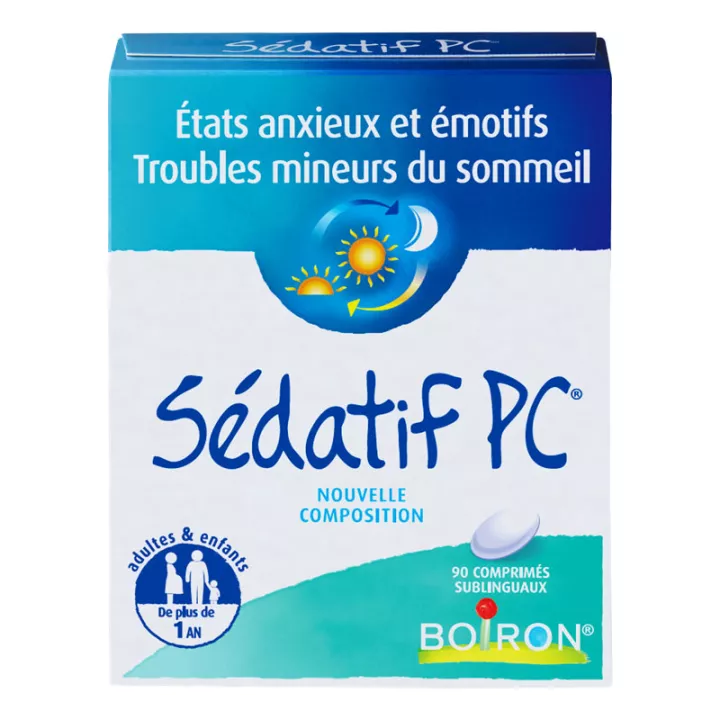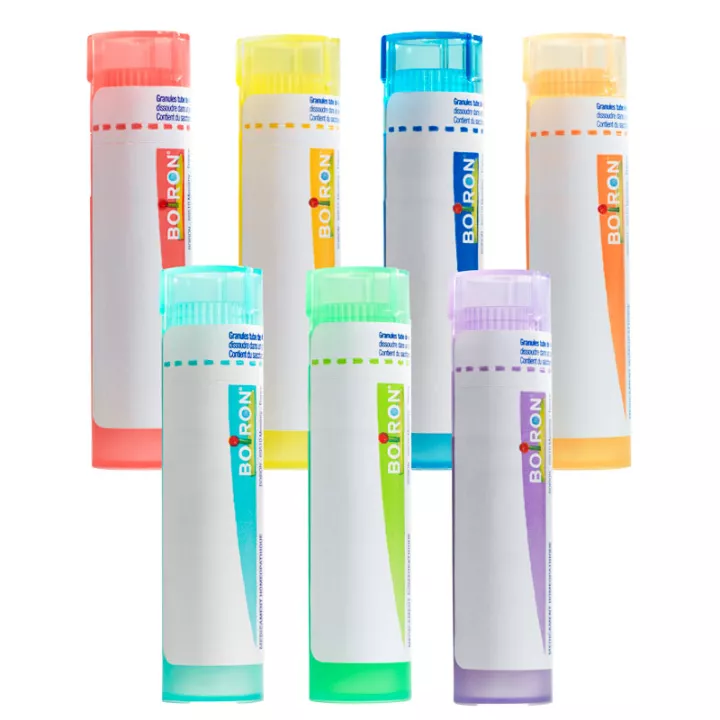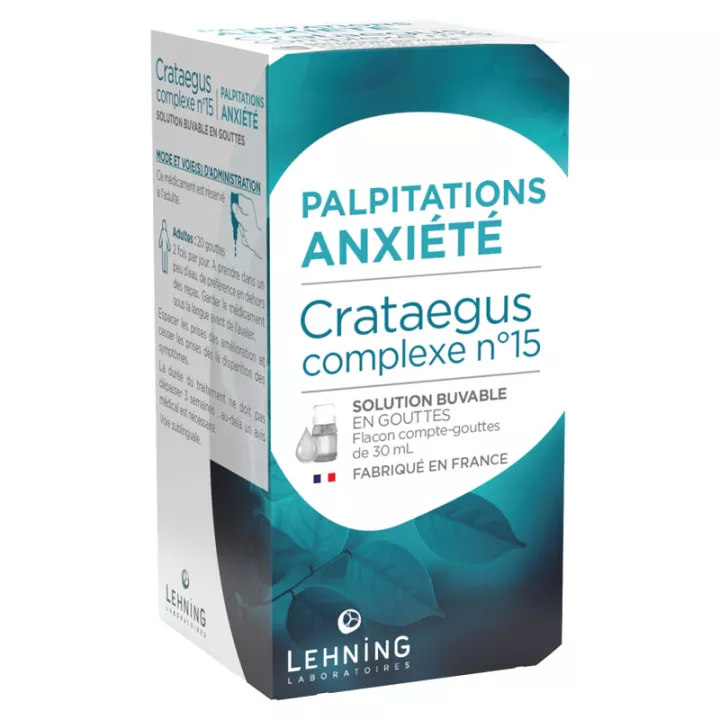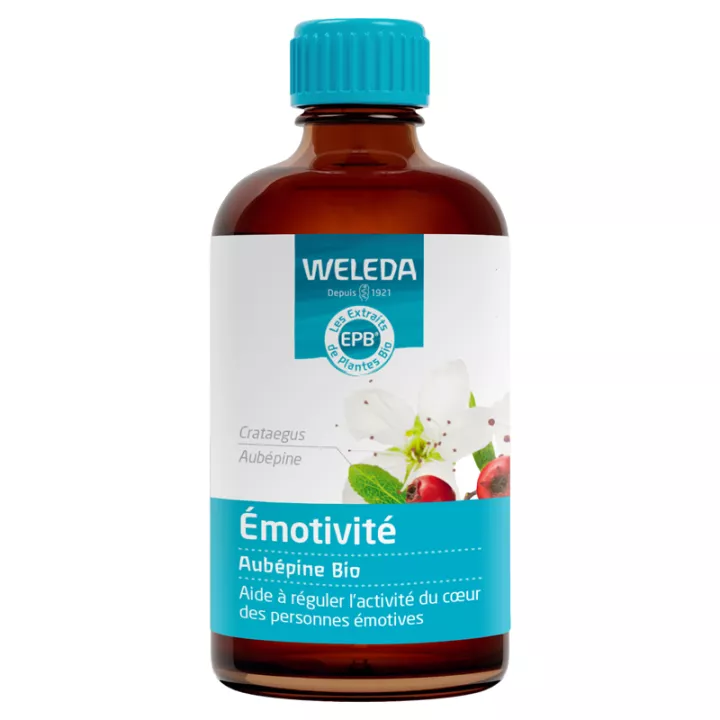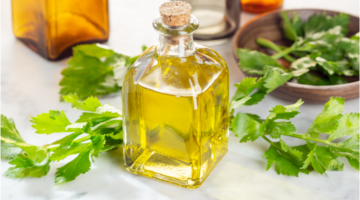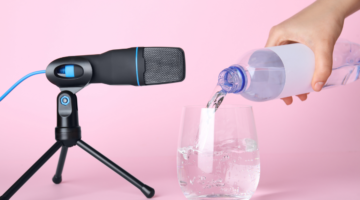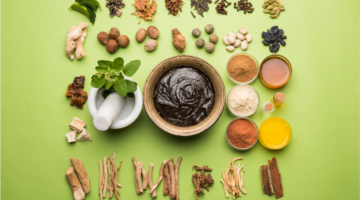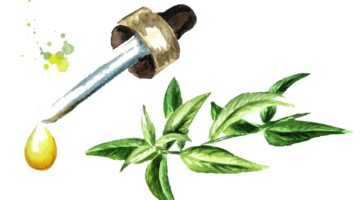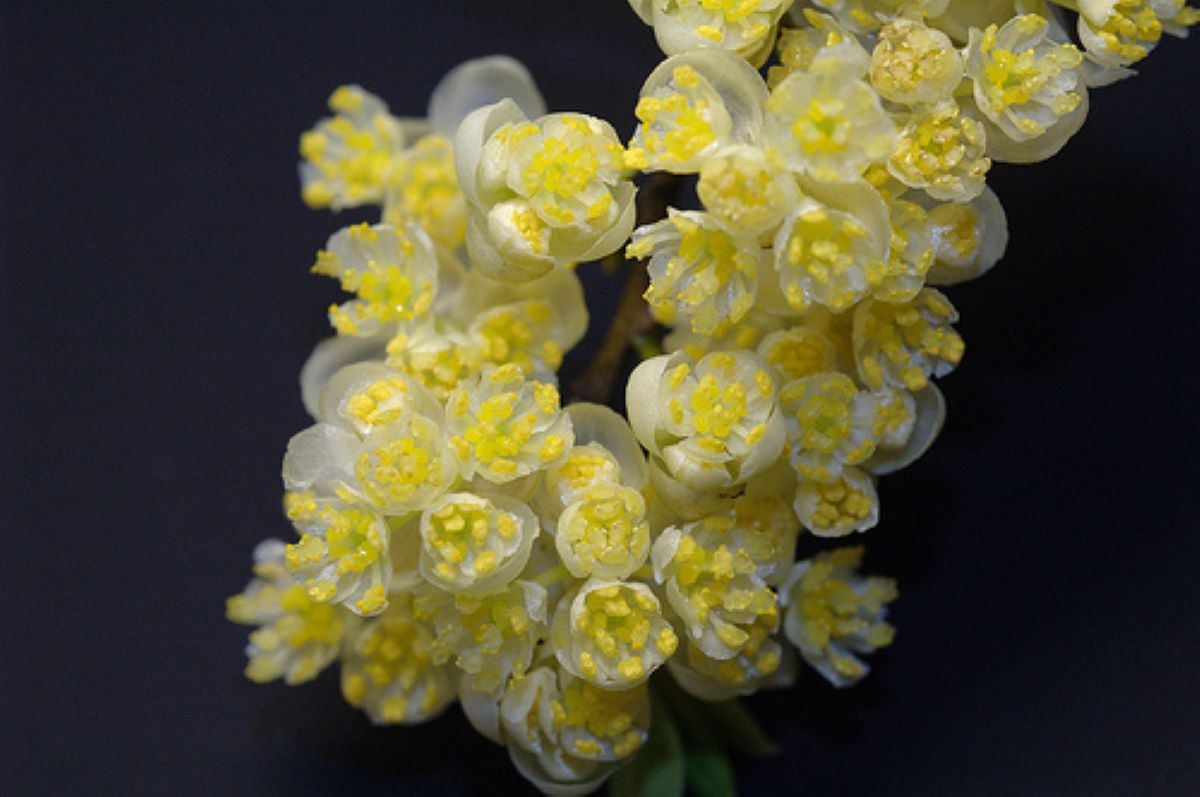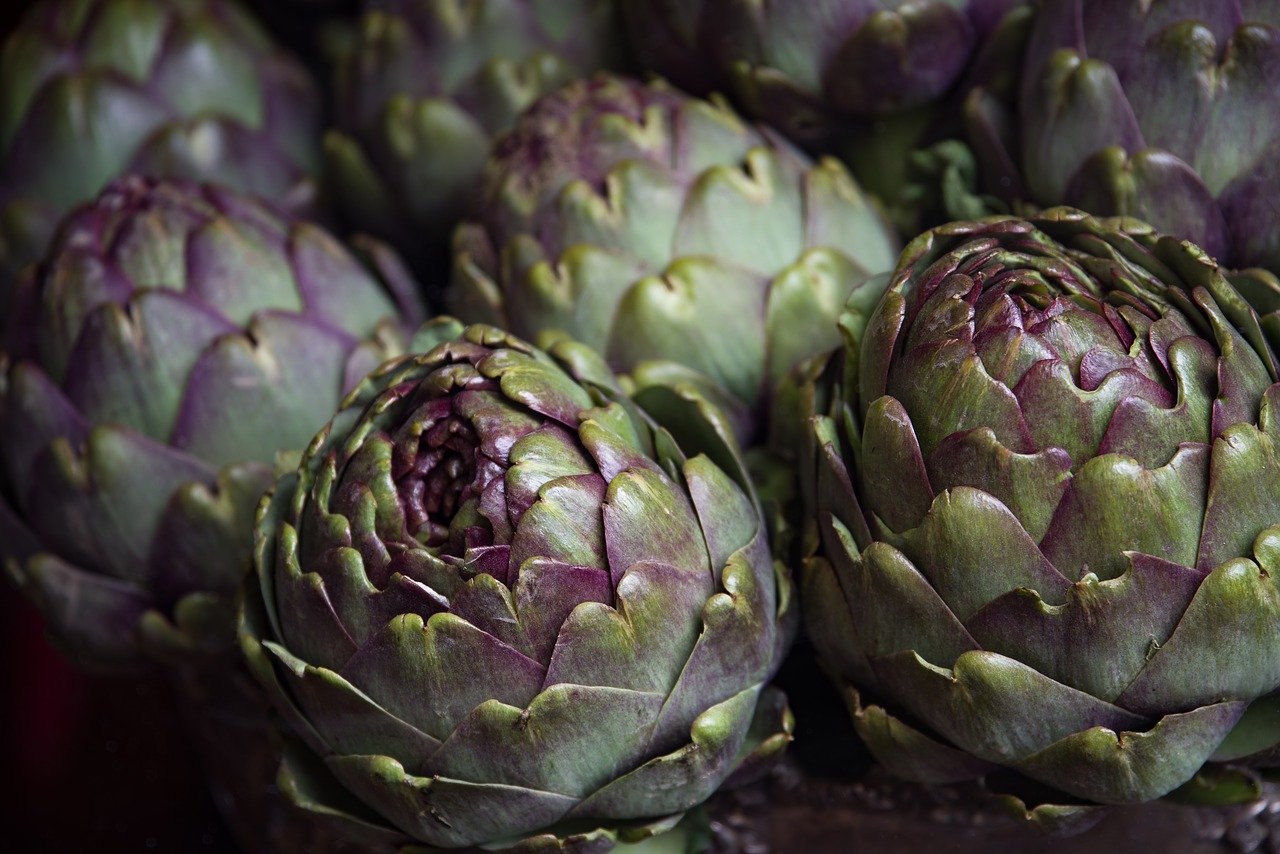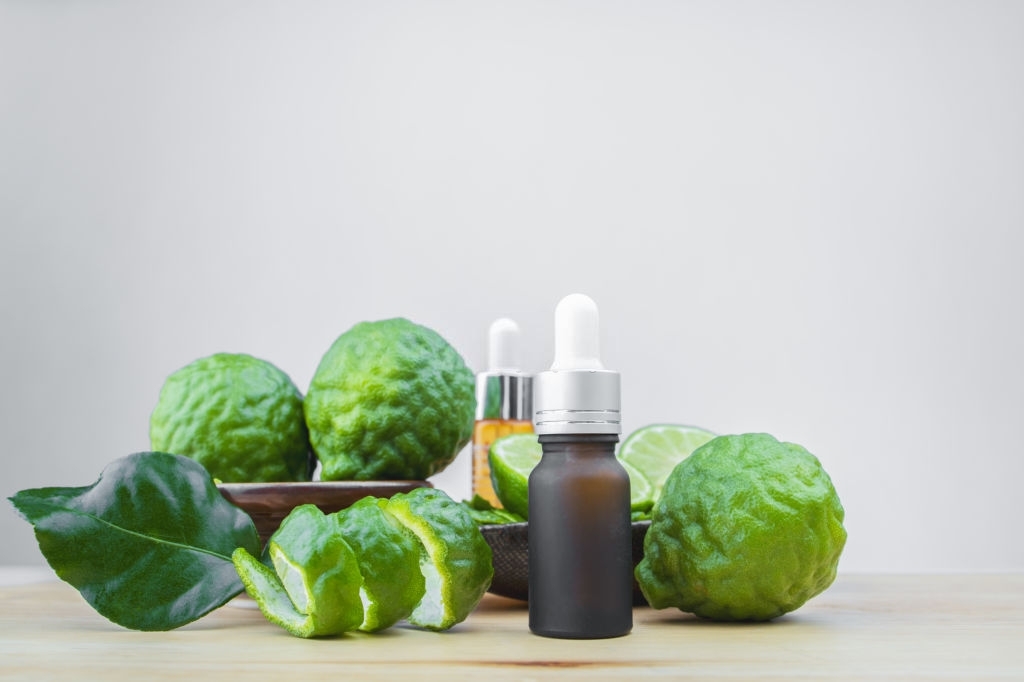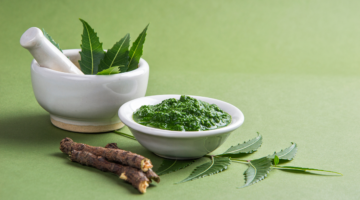NOTICE
ANSM - Mis à jour le : 04/07/2017
DANS LA PRESENTE ANNEXE, LES TERMES "AUTORISATION DE MISE SUR LE MARCHE" S'ENTENDENT COMME "ENREGISTREMENT DE MEDICAMENT TRADITIONNEL A BASE DE PLANTES" ET LE TERME "AUTORISATION" COMME "ENREGISTREMENT"
Dénomination du médicament
CARDIOCALM, comprimé pelliculé
Aubépine (extrait sec de feuille et fleur d)
Encadré
Veuillez lire attentivement cette notice avant de prendre ce médicament car elle contient des informations importantes pour vous.
Vous devez toujours prendre ce médicament en suivant scrupuleusement les informations fournies dans cette notice par votre médecin ou votre pharmacien.
· Gardez cette notice. Vous pourriez avoir besoin de la relire.
· Adressez-vous à votre pharmacien pour tout conseil ou information.
· Si vous ressentez un quelconque effet indésirable, parlez-en à votre médecin ou votre pharmacien. Ceci sapplique aussi à tout effet indésirable qui ne serait pas mentionné dans cette notice. Voir rubrique 4.
· Vous devez vous adresser à votre médecin si vous ne ressentez aucune amélioration ou si vous vous sentez moins bien après 2 semaines.
Que contient cette notice ?
1. Qu'est-ce que CARDIOCALM, comprimé pelliculé et dans quels cas est-il utilisé ?
2. Quelles sont les informations à connaître avant de prendre CARDIOCALM, comprimé pelliculé ?
3. Comment prendre CARDIOCALM, comprimé pelliculé ?
4. Quels sont les effets indésirables éventuels ?
5. Comment conserver CARDIOCALM, comprimé pelliculé ?
6. Contenu de lemballage et autres informations.
1. QUEST-CE QUE CARDIOCALM, comprimé pelliculé ET DANS QUELS CAS EST-IL UTILISE ?
CARDIOCALM, comprimé pelliculé est un médicament traditionnel à base de plantes utilisé :
pour soulager les symptômes des troubles cardiaques temporaires dorigine nerveuse (palpitations, perception exagérée des battements cardiaques liée à une anxiété légère), après que toute maladie grave a été exclue par un médecin.
dans les états de tension nerveuse légère et les troubles mineurs du sommeil.
Son usage est réservé aux indications spécifiées sur la base exclusive de lancienneté de lusage.
2. QUELLES SONT LES INFORMATIONS A CONNAITRE AVANT DE PRENDRE CARDIOCALM, comprimé pelliculé ?
Ne prenez jamais CARDIOCALM, comprimé pelliculé :
· Si vous êtes allergique à la substance active ou à lun des autres composants contenus dans ce médicament, mentionnés dans la rubrique 6.
Avertissements et précautions
Si les symptômes s'aggravent pendant l'utilisation du médicament, consultez votre médecin
Si les chevilles ou les jambes gonflent, lorsque la douleur se produit dans la région du cur, qui peut s'étendre vers les bras, la partie supérieure de l'abdomen ou la région autour du cou, ou en cas de détresse respiratoire (dyspnée), consultez immédiatement votre médecin ou pharmacien.
Enfants et adolescents
En cas de troubles cardiaques temporaires
Chez lenfant et ladolescent de moins de 18 ans, les troubles cardiaques nécessitent un diagnostic médical. Ce médicament est déconseillé chez lenfant et ladolescent de moins de 18 ans
En cas de tension nerveuse et de troubles du sommeil
En labsence de données, ce médicament est déconseillé chez lenfant et ladolescent de moins de 18 ans.
Autres médicaments et CARDIOCALM, comprimé pelliculé
Informez votre médecin ou pharmacien si vous prenez, avez récemment pris ou pourriez prendre tout autre médicament.
CARDIOCALM, comprimé pelliculé avec des aliments, boissons et de lalcool
Sans objet.
Grossesse et allaitement
En l'absence de données suffisantes, l'utilisation de ce médicament est déconseillée pendant la grossesse et l'allaitement.
Si vous êtes enceinte ou que vous allaitez, si vous pensez être enceinte ou planifiez une grossesse, demandez conseil à votre médecin ou pharmacien avant de prendre ce médicament.
Conduite de véhicules et utilisation de machines
Sans objet.
CARDIOCALM, comprimé pelliculé contient
Sans objet.
3. COMMENT PRENDRE CARDIOCALM, comprimé pelliculé ?
Veillez à toujours prendre ce médicament en suivant exactement les instructions de cette notice ou les indications de votre médecin ou pharmacien. Vérifiez auprès de votre médecin ou pharmacien en cas de doute.
Posologie
Dans les cas de troubles cardiaques temporaires et dans les cas de tension nerveuse légère
1 à 2 comprimés par prise jusquà 6 comprimés par jour.
Dans les cas de troubles mineurs du sommeil
1 comprimé au repas du soir et 1 à 2 comprimés au coucher.
Utilisation chez les enfants et les adolescents
L'utilisation de ce médicament chez les enfants et les adolescents de moins de 18 ans est déconseillée.
Mode dadministration
Voie orale. Avalez les comprimés avec de leau.
Durée de traitement
Si les symptômes persistent plus de 2 semaines pendant lutilisation de ce médicament, consultez votre médecin.
Si vous avez pris plus de CARDIOCALM, comprimé pelliculé que vous nauriez dû
Sans objet.
Si vous oubliez de prendre CARDIOCALM, comprimé pelliculé
Ne prenez pas de dose double pour compenser la dose que vous avez oublié de prendre.
Si vous arrêtez de prendre CARDIOCALM, comprimé pelliculé
Sans objet.
Si vous avez dautres questions sur lutilisation de ce médicament, demandez plus dinformations à votre médecin ou à votre pharmacien.
4. QUELS SONT LES EFFETS INDESIRABLES EVENTUELS ?
Comme tous les médicaments, ce médicament peut provoquer des effets indésirables, mais ils ne surviennent pas systématiquement chez tout le monde.
Il ny a pas deffet indésirable connu à ce jour. En cas deffets indésirables consultez un médecin ou un professionnel de la santé qualifié.
Déclaration des effets secondaires
Si vous ressentez un quelconque effet indésirable, parlez-en à votre médecin ou votre pharmacien. Ceci sapplique aussi à tout effet indésirable qui ne serait pas mentionné dans cette notice. Vous pouvez également déclarer les effets indésirables directement via le système national de déclaration : Agence nationale de sécurité du médicament et des produits de santé (ANSM) et réseau des Centres Régionaux de Pharmacovigilance
En signalant les effets indésirables, vous contribuez à fournir davantage dinformations sur la sécurité du médicament.
5. COMMENT CONSERVER CARDIOCALM, comprimé pelliculé ?
Tenir ce médicament hors de la vue et de la portée des enfants.
Nutilisez pas ce médicament après la date de péremption indiquée sur la boite. La date de péremption fait référence au dernier jour de ce mois.
A conserver à température ne dépassant pas 30°C, dans son emballage extérieur, à labri de lhumidité.
Ne jetez aucun médicament au tout-à-légout ou avec les ordures ménagères. Demandez à votre pharmacien déliminer les médicaments que vous nutilisez plus. Ces mesures contribueront à protéger lenvironnement.
6. CONTENU DE LEMBALLAGE ET AUTRES INFORMATIONS
Ce que contient CARDIOCALM, comprimé pelliculé
· La substance active est :
Aubépine (Crataegus laevigata Jacq. (Lindm.) ou C. monogyna (Poir.) DC.) (extrait sec de feuille et fleur d) 70 mg
Solvant dextraction : éthanol à 60 % V/V
Rapport drogue / extrait : 4-7 : 1
Pour un comprimé pelliculé.
· Les autres composants sont :
Silice colloïdale anhydre, stéarate de magnésium, cellulose microcristalline, croscarmellose sodique, Kollicoat Protect*, dioxyde de titane (E171), talc, érythrosine (E127).
*Kollicoat Protect : copolymère greffé de macrogol et de poly(alcool vinylique), alcool polyvinylique, dioxyde de silicium
Adjuvant de lextrait : maltodextrine, silice colloïdale anhydre.
Quest-ce que CARDIOCALM, comprimé pelliculé et contenu de lemballage extérieur
Ce médicament se présente sous forme de comprimés pelliculés. Une boîte en contient 40 ou 80.
Toutes les présentations peuvent ne pas être commercialisées.
Titulaire de lautorisation de mise sur le marché
LABORATOIRE PHARMASTRA
2c RUE DU MARECHAL DE LATTRE DE TASSIGNY
67460 SOUFFELWEYERSHEIM
Exploitant de lautorisation de mise sur le marché
LABORATOIRE PHARMASTRA
2c RUE DU MARECHAL DE LATTRE DE TASSIGNY
67460 SOUFFELWEYERSHEIM
Fabricant
LABORATOIRE PHARMASTRA
2c RUE DU MARECHAL DE LATTRE DE TASSIGNY
67460 SOUFFELWEYERSHEIM
Noms du médicament dans les Etats membres de l'Espace Economique Européen
Sans objet.
La dernière date à laquelle cette notice a été révisée est :
[à compléter ultérieurement par le titulaire]
Autres
Des informations détaillées sur ce médicament sont disponibles sur le site Internet de lANSM (France).
